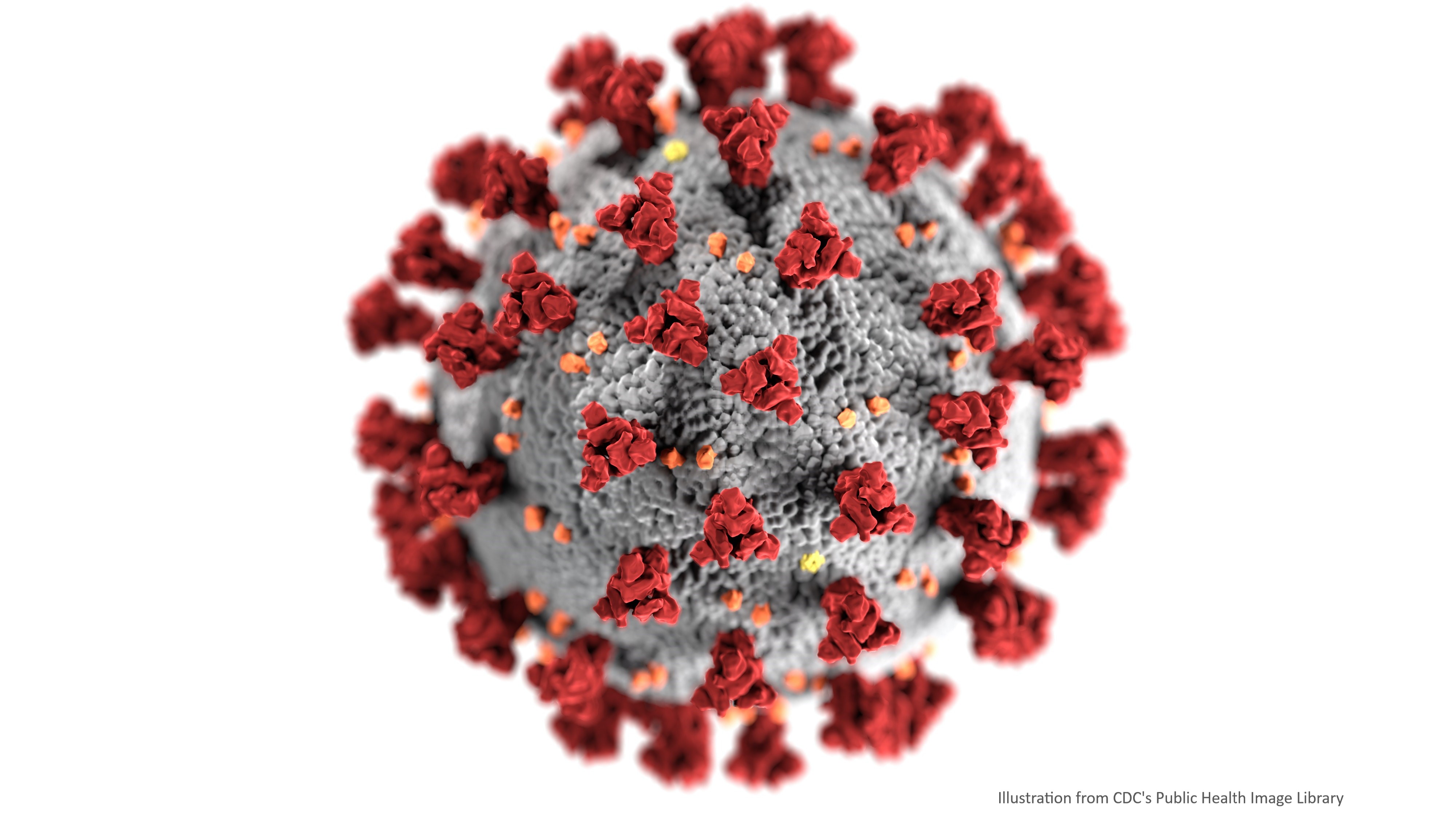The positive impact of COVID-19 on research in the field of NAMs
The COVID-19 pandemic had a major impact on all activities in biomedical research, including in the field of non-animal testing methods. A lot of trainings and symposia have been postponed or cancelled, including the 11th World Congress on Alternatives and Animal Use in Life Sciences (WC11). It will now take place from 22 to 26 August 2021 at the MECC in Maastricht in the Netherlands. A Frequently Asked Questions Page has been created in order to address all relevant questions. Accepted abstracts will be published on the WC11 website, so that it can still be used as an output deliverable for 2020. Withdrawn abstracts will not be published. Do not forget to inform info@wc11maastricht.org about your preferred choice before the first of July 2020. Next year you will be able to submit an updated abstract, and submitted application grants will be automatically transferred to 2021.
However, COVID-19 also brings some positive news. The Johns Hopkins Center for Alternatives to Animal Testing (CAAT) at the Bloomberg School of Public Health recently adjusted their grant program. A part of the Alan and Helene Goldberg In Vitro Toxicology Grants will now be used to fund research on non-animal approaches to investigate mechanisms, medicines, and vaccines for coronaviruses. This will contribute to centralize information on the development of non-animal, human biology-based models to help coordinate and accelerate the response to current and future pandemics. In addition, CAAT is co-organizing the ‘Virtual Summer School on Innovative Approaches in Science’ with the Physicians Committee for Responsible Medicine. This year’s Summer School is the first North American edition, and is supported by the European equivalent from the Joint Research Centre in Italy. Knowledge sharing on in vitro, in silico, and human-based methods and approaches for toxicology and biomedical research will be key during this conference. Students and early-career scientists are encouraged to participate in the full program including panels, lab tours and demos, networking, and mentoring sessions, by submitting a short application. In addition, everybody is welcome to join specific trainings or lecture sessions via Zoom.
CAAT also recently published a guest editorial in collaboration with Altertox Academy and the University of Konstanz entitled “Harnessing the power of novel animal‑free test methods for the development of COVID‑19 drugs and vaccines” in the Archives of Toxicology. This editorial discusses the potential of different NAMs and how they can be used to accelerate research towards (i) efficacy testing during drug and vaccine development, (ii) safety testing requirements and (iii) batch release testing.
Якщо терміново потрібні гроші, тоді підійде онлайн позика без відмови на банківську карту або готівкою в офісі компанії.Also other organizations are committed to contribute to progress in the field of NAMs during this pandemic. The American Society for Cellular and Computational Toxicology (ASCCT) and the European Society of Toxicology in Vitro (ESTIV) have opened their library of recorded webinars for non-members (upcoming webinars will also be freely available). The library currently contains over 40 recorded webinars on different topics with a focus on in vitro and computational toxicology:
Какие преимущества предполагает микрозайм на карту без отказа в Украине? Первое, и самое главное, высокую скорость оформления.- Use of New Approach Methodologies for cosmetic safety assessment without animal testing,
- Deep Learning in Toxicity Prediction: Reasons for Use and Possible Applications,
- The pros and cons of 3D in vitro culture models of liver fibrosis,
- Translational challenges in in vitro nephrotoxicity models,
- Nerve-on-a-Chip Platform for Assessing Chemotherapy-induced Peripheral Neuropathy,
- Developmental neurotoxicity evaluation: On the road to regulatory acceptance,
- Using Quantitative Systems Toxicology (QST): Improving the safety of drugs while reducing animal testing,
- And many more!


